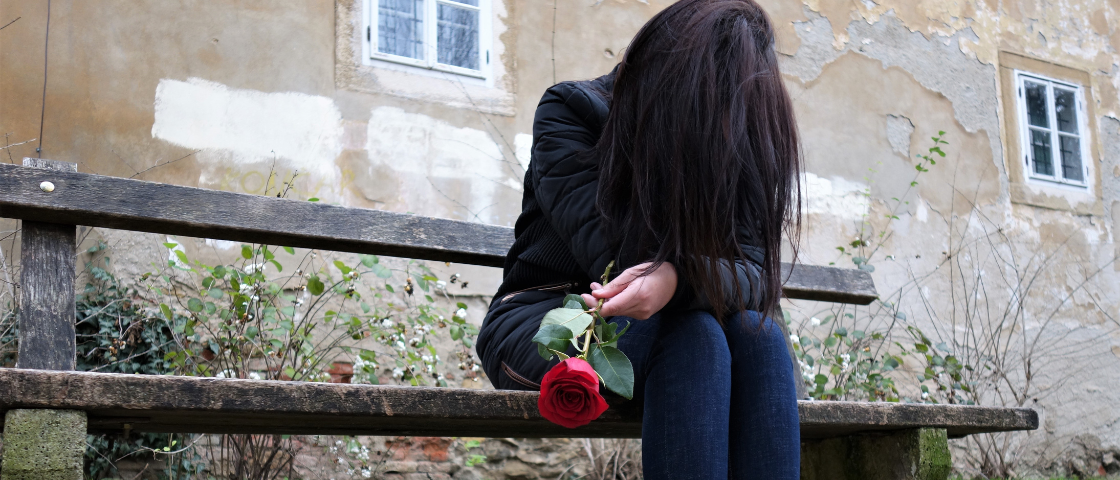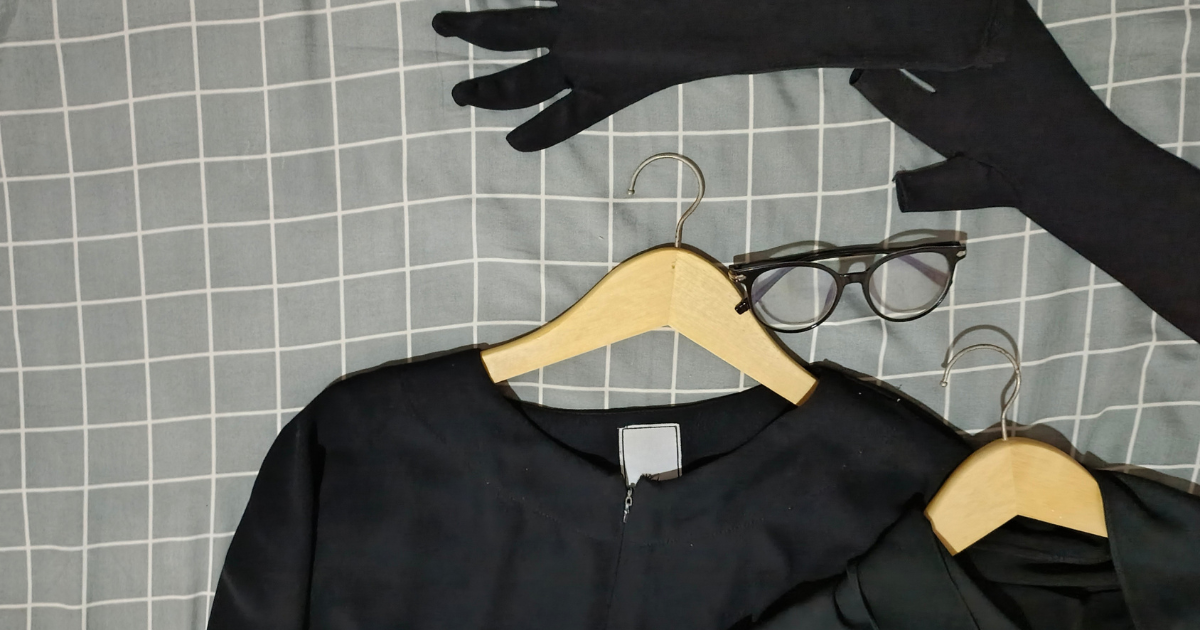They’re Human, Too: Celebrities Are Going Public About Their Personal Grief and Loss
A long-running feature of the celebrity-focused Us Weekly magazine called “Stars — They’re Just Like Us!” regularly features photos of famous people doing everyday things like buying groceries, attending a school play, or paying at a parking meter. It’s the magazine’s attempt to bridge the gaping divide between those people and the rest of us. They’re trying to remind us that although we may never run in the same circles or share a similar bank balance, these folks are still humans who shop for food, feel obligated to watch their kids perform, and yes, occasionally pay for parking.
Something these celebrities also do is experience the devastating loss of loved ones and deal with the complex emotions of grief and loss — just like us. Often, celebrities will pretend that nothing’s wrong, especially if they feel that appearing vulnerable will somehow diminish their status or reputation.
Sometimes, though, celebrities will actually talk about what they went through, how it’s impacted them, and how they’re actually feeling. Within the last two weeks both actress Kate Beckinsale and musician Ed Sheeran have openly shared their feelings about losing close family members, and their admissions have done more to humanize them than any photo of them ordering a coffee or pumping their own gas.
Kate claps back
Actress Kate Beckinsale’s stepfather, director Roy Battersby, passed away in January of this year after a brief illness. Battersby married Jody Loe, Beckinsale’s mother, in 1997, although he and Loe had been living together for more than two decades. On the day after Battersby’s death, the actress posted a black square with no caption on her Instagram account and updated her bio to read, “A fatherless girl thinks all things are possible, and nothing is safe.” Most fans correctly interpreted the cryptic post to mean that her stepfather had passed away, and many sent condolences.
Following Battersby’s death, Beckinsale entered the hospital, staying for six weeks. Although she posted various images of herself in a hospital bed, she didn’t open up about why she was there … until last week, that is. On July 8, Beckinsale replied to a follower’s comment criticizing the impact her recent weight loss had had on her figure.
Only then did Beckinsale share that she was hospitalized from the physical toll of her grief over her stepfather’s death and her stress over her mother’s cancer diagnosis.
“No, actually, I watched my stepfather die quite shockingly, my mother has stage 4 cancer, and I lost a lot of weight from stress and grief had burned a hole in my oesophagus which made me vomit copious amounts of blood,” Beckinsale wrote.
She added that her most recent movie “involved the theme of the death of my father,” which exacerbated her grief of losing Battlesby.
Grief is a natural and human response
Prior to this post, Beckinsale had shared several posts about her stepfather and thanked friends and family members for their support during her hospital stay — but she never directly addressed the agonizing and physically debilitating grief over her loss.
Although grief manifests itself in various ways, many people suffer from physical symptoms. These issues can include stomach upset, headaches, muscle weakness, and fatigue as well as gastrointestinal issues like Beckinsale’s.
The actress’ reticence in publicly sharing her personal pain has always been typical of celebrities and public figures. Being vulnerable about deeply-held emotions is hard on most people, but for those who are perceived to lead picture-perfect lives, there’s an additional stigma attached. Although a handful of celebrities have recently shared their struggles with mental health — taking part in what one journalist dubbed a “culture of candid” — there is still the potential for backlash and criticism. Fans may also be skeptical about a stars’ motivations for opening up, questioning whether it’s just a calculated effort for more attention.
Fame can get in the way of grief
Kate Beckinsale’s six-week hospital stay allowed her time to not only recuperate physically, but also emotionally. She even shared an image of the book Grief Is for People by Sloane Crosley in an April social media post, indicating she was reading the memoir in an effort to deal with her own grief.
For some celebrities, though, their busy schedules simply don’t allow the necessary time to come to terms with the loss of a loved one — or even attend their funerals. In an early July interview with comedian and podcaster Theo Von, Grammy-winning singer-songwriter Ed Sheeran shared that he missed his grandmother’s funeral due to being in court for a career-related court case regarding copyright violations.
“She died at the start of the court case and the funeral was like midway through it,” Sheeran said. “She had to be buried and I couldn’t go.”
For Sheeran, not being physically present for the funeral and burial of his grandmother is having a long-term impact, while also spotlighting the important role of final rites as crucial to a healthy grieving process.
“I still feel weird about it,” she told Von. “There was no marking of the like, you know, seeing a coffin be put into a grave and covered. I don’t know; there’s something in me that’s like, even like visiting her grave now … it still feels like an open book, I guess. I think funerals are important for the ceremony of marking it. It’s kind of like the first day of grief as well, because before you go to a funeral there’s like a weird month or whatever where everything’s really intense and grief stricken and then the funeral is the day that you go, ‘Now we start processing it.’”
It’s ok to talk about it
Sheeran went on to talk about how he channeled his grief over losing his grandmother into his song “Supermarket Flowers,” which reached number eight on the UK song charts and is the sixth most popular song played at British funerals.
“That’s the most special song on the record for me,” Sheeran said in 2018. ““[It was] Really hard to write, yeah. Very easy at the same time in terms of its flow. Because there was no trying to think of poignant lines and being like you know death is this or like life is this.”
Channeling grief into a creative endeavor can be quite cathartic. In fact, many popular songs and albums have been inspired by the musician’s loss of a loved one. Even so, speaking publicly about that grief is still a sticky situation for public figures, as Sheeran shared during his interview with Von.
To be a concierge to your country, you have to be such a representative and never talk about anything negative,” Sheeran said. “They say never complain, never explain … you can’t show any emotion, even at funerals and stuff. You not meant to cry and it’s like really quite hardcore.”
When it comes right down to it, celebrities and public figures are still people. Yes, they’re probably more well-known, successful, talented and attractive than the majority of humans, but that doesn’t mean they don’t deserve to grieve the loss of a loved one — both privately and publicly. As Us Weekly likes to remind its readers, stars are just like us.




